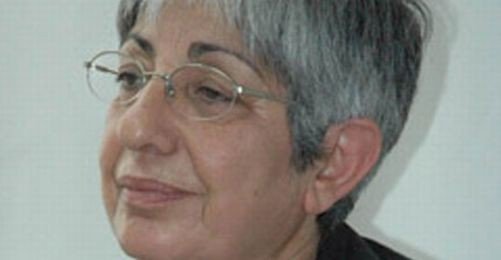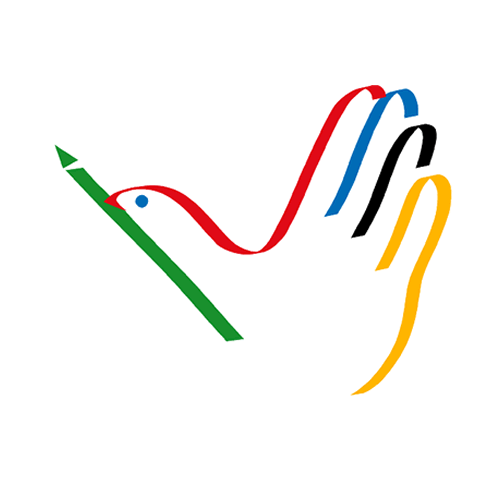US Report Condemns Increase in Torture and Self-Censorship in Journalism
The US Department of State’s yearly Country Report on Human Rights Practices, released by the Bureau of Democracy, Human Rights, and Labor on 11 March of this year said that “the government generally respected the human rights of its citizens; however, serious problems remained in several areas.”
One area has been an increase in reported cases of torture and ill-treatment. It was emphasised that security forces have carried out extrajudicial killings and that most of those responsible have been left unpunished.
Poor prison conditions and unfair trials
The report also described conditions in prisons as “poor, with problems of overcrowding and insufficient staff training.”
The report continued, “Law enforcement officials did not always provide detainees immediate access to attorneys as required by law. Some government and military officers at times undermined the judiciary's independence, and the overly close relationship of judges and prosecutors continued to hinder the right to a fair trial. Excessively long trials were a problem.”
Internet censorship, religious minorities, sexual exploitation
A further criticism was the continuing restriction of the freedom of expression, including the censorship of Internet websites.
Another point was the treatment of non-Muslim religious groups, who “continued to face restrictions on practicing their religion openly, owning property, and training leaders.”
As for women’s rights, the report pointed out that “violence against women, including honor killings and rape, continued to be a widespread problem. Child marriage was a problem. Police corruption contributed to trafficking in women and children to, from, and within the country for sexual exploitation.”
The 2007 country report cited information from the Human Rights Foundation (IHV), the Human Rights Association (IHD), the Asssociation for Solidarity with the Oppressed (Mazlum-Der), among others on human rights violations.
Self-censorship and lack of freedom of expression
There was criticism of the continuing application of Article 301, articles protecting the memory of Atatürk and the Anti-terrorism Law, all of which, so the report, led journalists and others to practice self-censorship:
“Individuals could not criticize the state or government publicly without fear of reprisal, and the government continued to restrict expression by individuals sympathetic to some religious, political, and Kurdish nationalist or cultural viewpoints. In some cases government officials prosecuted individuals who had displayed no intention of criticizing or insulting the government or Turkish state."
"Active debates on human rights and government policies continued, particularly on issues relating to the country's EU membership process, the role of the military, Islam, political Islam, the question of Turks of Kurdish and other ethnic or religious origins as 'minorities,' and the history of the Turkish-Armenian conflict at the end of the Ottoman Empire."
"However, persons who wrote or spoke out on such topics, particularly on the Armenian issue, risked prosecution. The Turkish Publishers’ Association reported that serious restrictions on freedom of expression continued despite legal reforms related to the country's EU candidacy.”
As for academic freedom, the report said that “there generally were no government restrictions on academic freedom or cultural events; however, university authorities suspended one academic who publicly supported views contrary to the official state ideology and there was some self-censorship on sensitive topics.” (EÜ/GG)
SOCIAL GENDER EQUALITY
Women and Journalists Hand in Hand against Violence
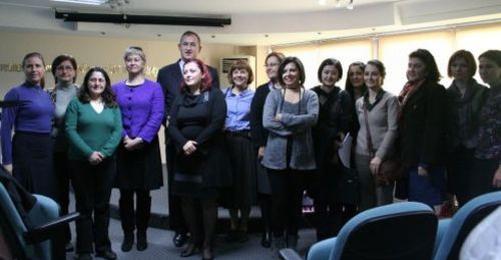
EUROPEAN COMMISSION AGAINST RACISM AND INTOLERANCE
Discrimination and Racism in Turkey Fuel Concern
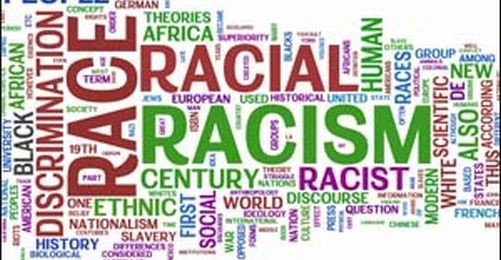
Unionists in Northern Cyprus Protest PM Erdoğan
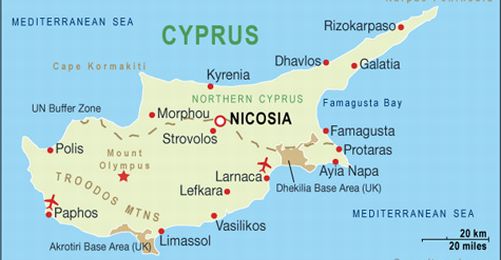
Policeman who Beat Juvenile Claimed Self-Protection
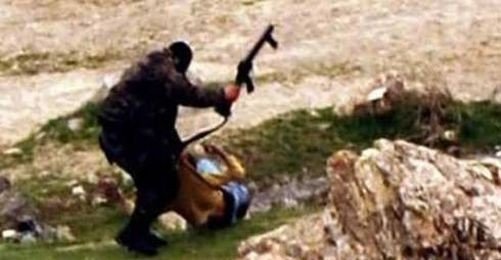
HRANT DINK MURDER
Court fully Protects Istanbul Police
